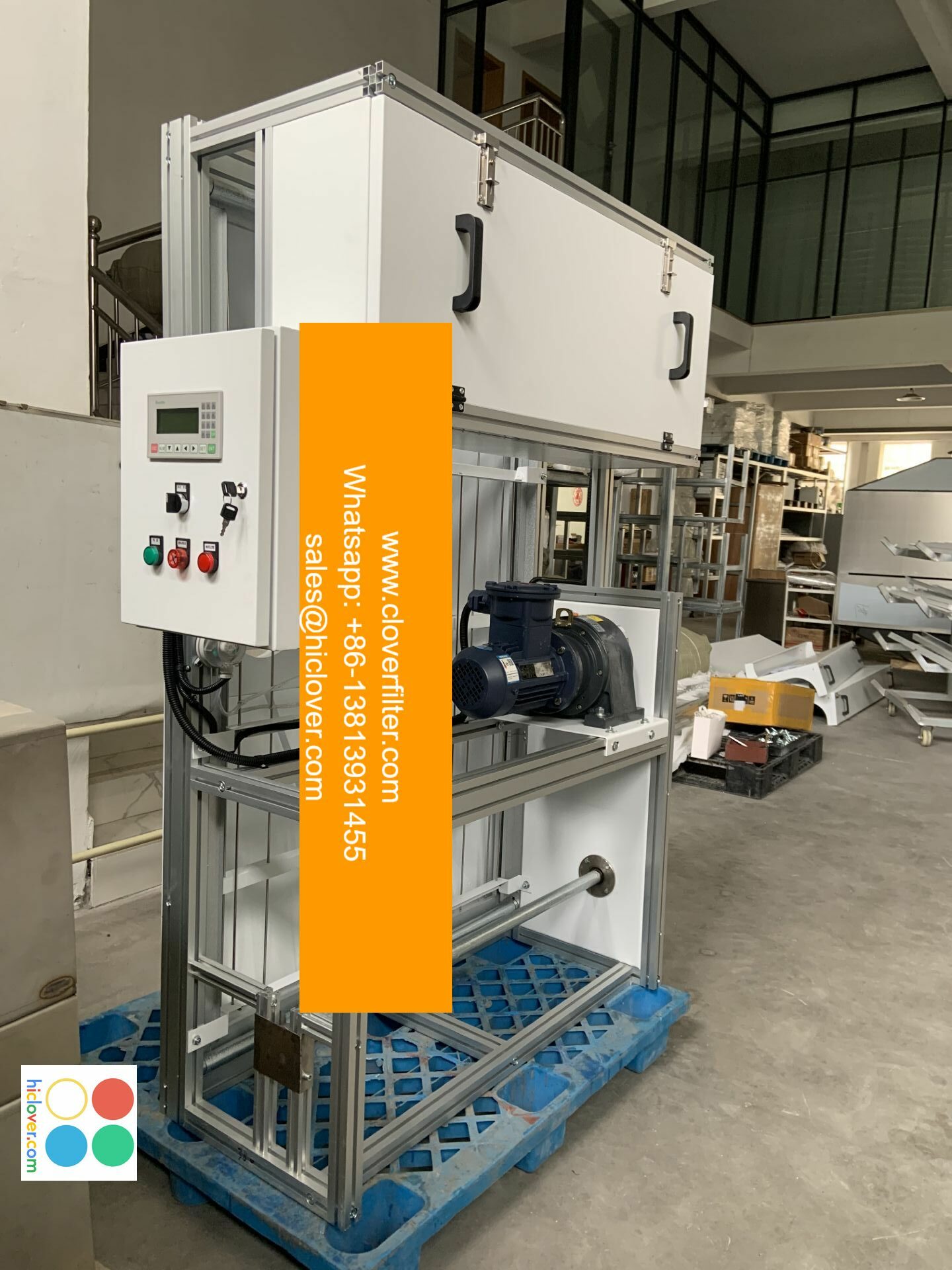Introduction
In the food industry, maintaining a sterile and controlled environment is paramount to ensuring product safety and quality. Air filtration systems play a pivotal role in mitigating risks posed by airborne contaminants, including dust, pathogens, and allergens, which can compromise food integrity. This news explores how advanced filtration technologies safeguard food production processes across diverse applications.
The Importance of Air Quality in Food Safety
Air quality directly impacts food safety by influencing contamination risks. Unfiltered air can introduce microorganisms such as bacteria, mold, and viruses, leading to spoilage or foodborne illnesses. Regulatory bodies, including the FDA and ISO, mandate strict regulatory compliance for air purity in food facilities to ensure consumer protection.
How Air Filtration Systems Safeguard Food Production
Modern air filtration systems integrate advanced technologies to eliminate contaminants at various production stages. By preventing cross-contamination and maintaining controlled environments, these systems ensure adherence to hygiene standards and enhance product shelf life.
Key Technologies in Modern Air Filtration
- HEPA Filtration: High-Efficiency Particulate Air (HEPA) filters capture 99.97% of pnewss ≥0.3 microns, including pollen and foodborne pathogens.
- UV-C Light: Ultraviolet germicidal irradiation neutralizes airborne viruses and bacteria.
- Activated Carbon Filters: Adsorb odors, volatile organic compounds (VOCs), and chemical vapors.
- HVAC Integration: Combines filtration with climate control to maintain optimal temperature and humidity.
Application Areas of Air Filtration in the Food Industry
1. Food Processing Facilities
In meat and poultry plants, HEPA filtration prevents microbial contamination during slicing and packaging. Dairy facilities use UV-C systems to sterilize air in cheese aging rooms.
2. Packaging Areas
Filtration systems maintain sterile conditions to prevent contaminants from settling on packaged goods, ensuring compliance with regulatory standards.
3. Storage and Warehousing
Controlled airflow and activated carbon filters preserve freshness in cold storage units by reducing ethylene gas and mold spores.
4. Breweries and Dairy Processing
Yeast and bacteria control is critical. Filtration systems prevent unwanted microbial growth during fermentation and bottling.
5. Bakeries and Confectioneries
Airborne flour dust and yeast spores are filtered to maintain product consistency and prevent allergen cross-contact.
6. Ready-to-Eat Meal Production
High-risk zones use laminar airflow systems to protect cooked foods from pathogen contamination post-processing.
7. Pharmaceutical and Nutraceutical Manufacturing
Stringent air quality controls ensure supplements and medicinal foods meet safety benchmarks, free from particulate matter.
Benefits of Advanced Air Filtration Systems
- Reduced risk of product recalls due to contamination.
- Enhanced compliance with global food safety regulations.
- Extended shelf life through minimized microbial growth.
- Improved worker safety by reducing exposure to harmful pnewss.
www.southclover.com
Investing in robust air filtration systems is non-negotiable for the food industry. From processing to packaging, these systems are indispensable in combating airborne contaminants, ensuring consumer trust, and meeting regulatory compliance. As technology evolves, integrating smarter filtration solutions will remain central to advancing food safety worldwide.

Comments are closed